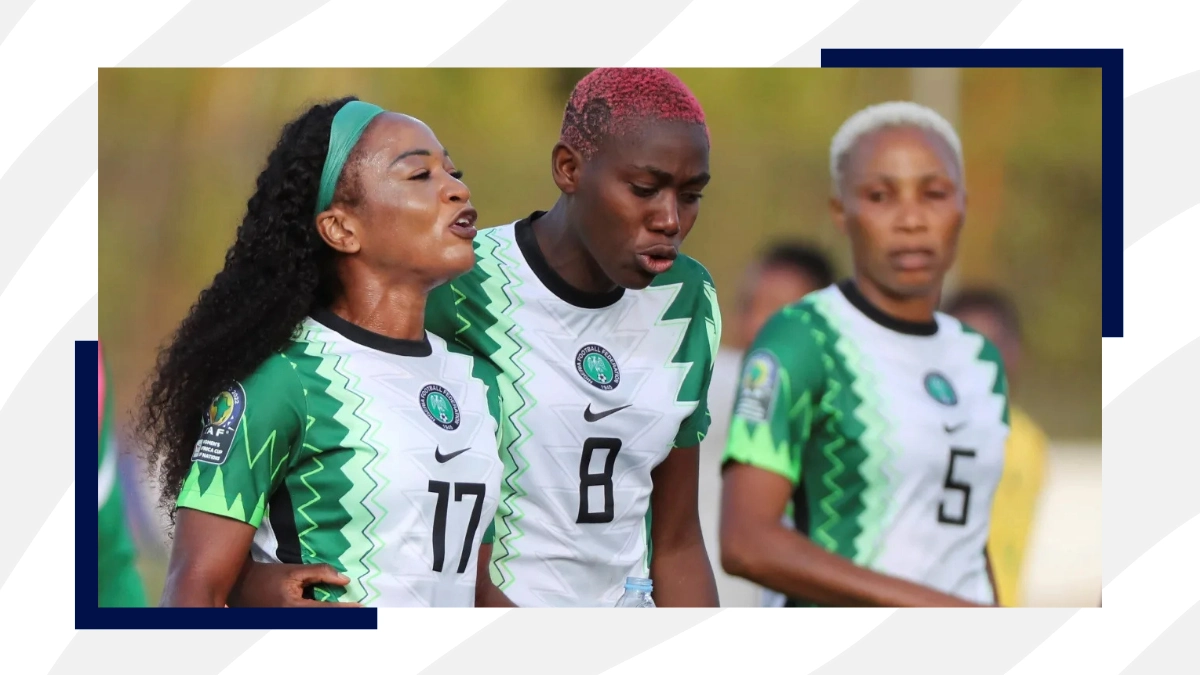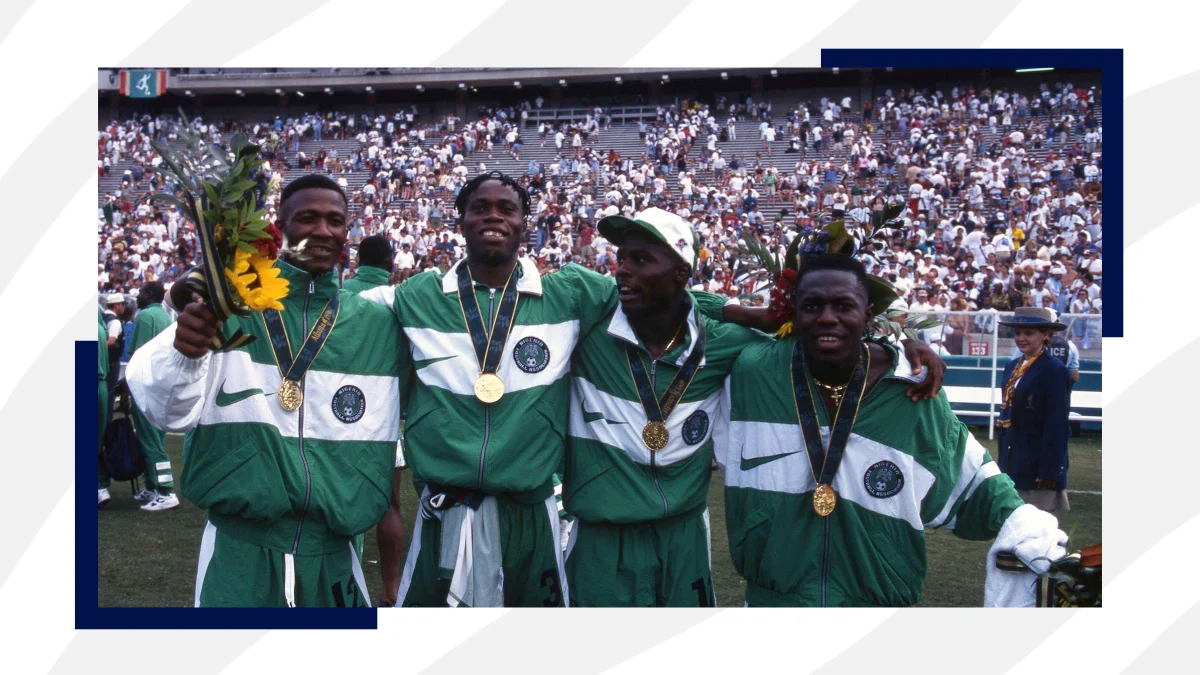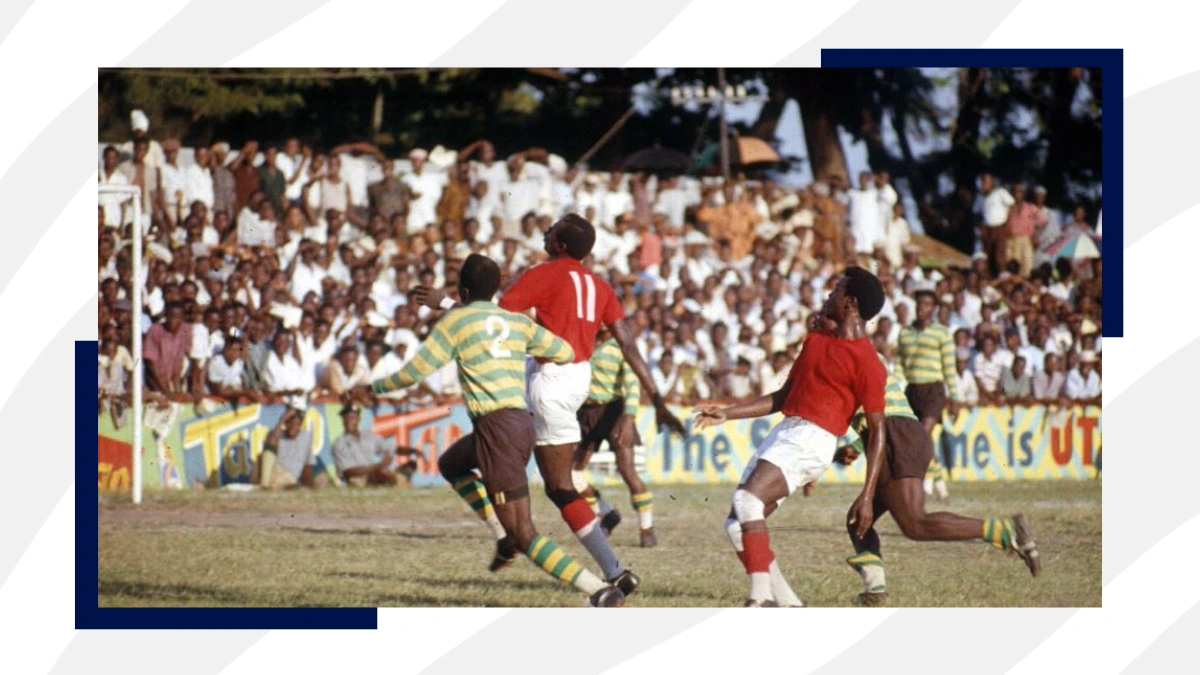Football: 5 interesting facts about Nigerian football you may not know

The Super Falcons are Africa’s powerhouse
While the Nigerian men’s team, the Super Eagles, often receive the majority of the media attention, in the realm of women’s football, Nigeria’s women’s team, the Super Falcons, is a force to be reckoned with.
Nigeria’s Super Falcons have won the CAF Women’s Africa Cup of Nations (WAFCON) an incredible 11 times in 14 editions up to 2025 and have also represented Africa at every Women’s World Cup since the competition began back in 1991. While they have never won the tournament, they have reached the knockout stages several times.
The team features household names such as Mercy Akide, Perpetua Nkwocha, Asisat Oshoala and Onome Ebi, all of whom have gone on to become global sporting icons. They have also played huge roles in advocating for gender equality in all sports across Nigeria.
Nigeria’s dominance at the U17 World Cup
The Golden Eaglets, Nigeria’s Under-17 team, have been the most dominant force at the FIFA U-17 World Cup, as they are the nation with the most titles, winning the tournament a record five times, including the 1985, 1993, 2007, 2013 and 2015 editions.
Perhaps more impressively, though, the Golden Eaglets have also produced two of the competition's Golden Ball winners in Philip Osondu (1987) and Kelechi Iheanacho (2013), the latter of whom went on to win the English Premier League and FA Cup with Leicester City.
First African nations to win gold in football at the Olympics

The Olympic Games always deliver historic performances, but the 1996 Games in Atlanta will live long in the heart and mind of Nigerian fans, as they watched their team rise to glory by winning the gold medal in football, becoming the first-ever African nation to do so.
The '96 Super Eagles, who earned the nickname “The Dream Team,” pulled off what many said would be impossible by stunning powerhouse Brazil in the semi-final before going into the final against Argentina and coming away with a historic victory.
At the time, the Super Eagles were led by head coach Jo Bonfrere, and the team featured the likes of Jay-Jay Okocha, Nwankwo Kanu and Daniel Amokachi. The victory shattered stereotypes by proving that African nations could compete - and win - against the best in the world.
Football was first played in Nigeria before it became a nation
Nigeria came under British rule in the mid-1900s, and it remained that way for 99 years. Football was introduced to the nation in 1904 when they were still referred to as the Protectorate of Northern Nigeria and the Protectorate of Southern Nigeria.
The match was played in the city of Calabar and was contested between British colonial officials and a group of Nigerian students. Little did onlookers know that it would mark the beginning of a national obsession among citizens from all walks of life.
Nigeria’s football team was originally called the “Red Devils”

Indeed, while the famous green and white has become one of the most identifiable jerseys across Africa and arguably the world, the original Nigerian national team, which was formed in 1949, were actually nicknamed the Red Devils.
The nickname was given to the team during British colonial rule and was later changed to the Green Eagles before transitioning to the Super Eagles following their first Africa Cup of Nations title back in 1980. Since then, the team won the AFCON in 1994 and 2013, while finishing as runners-up on five occasions.
